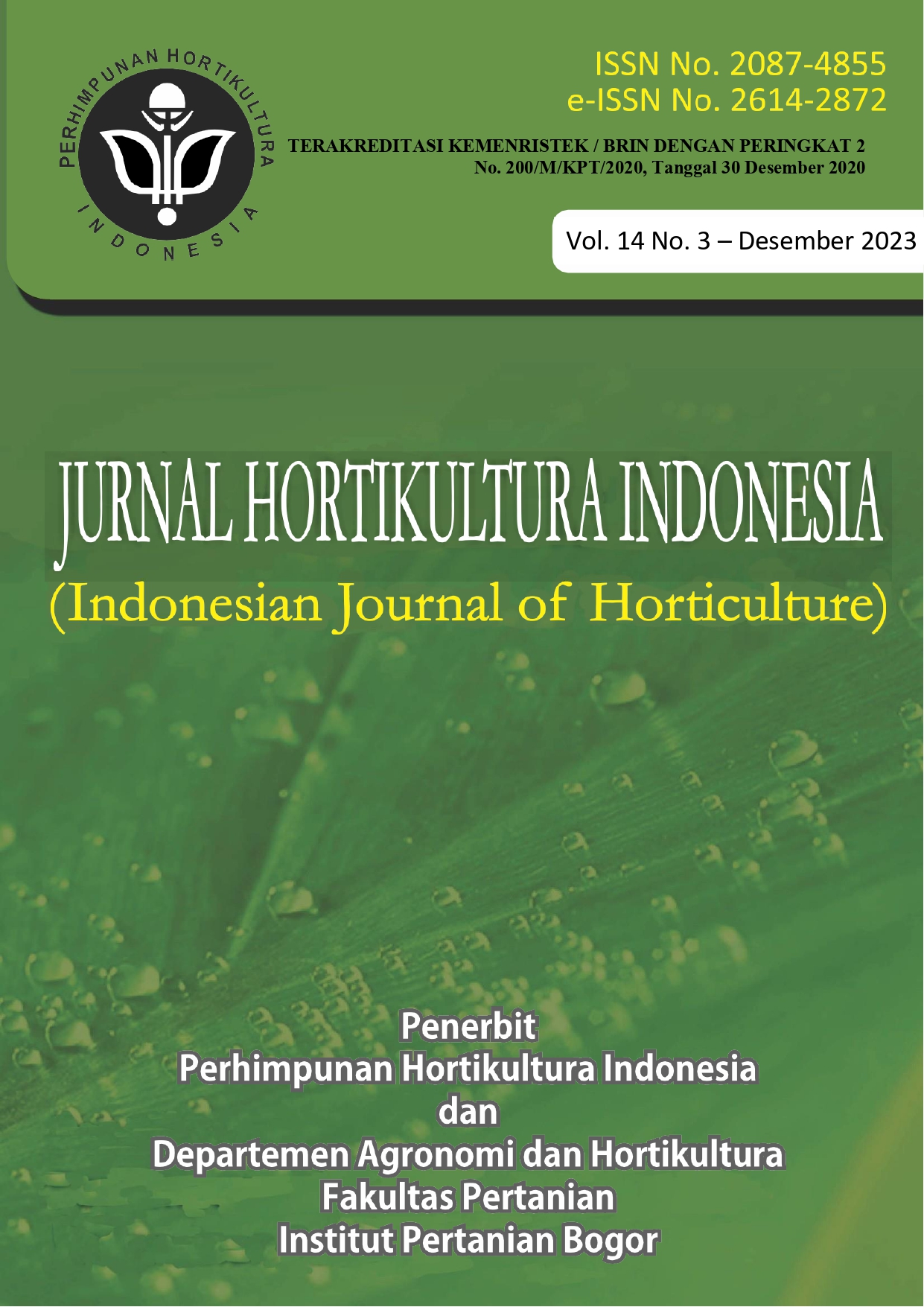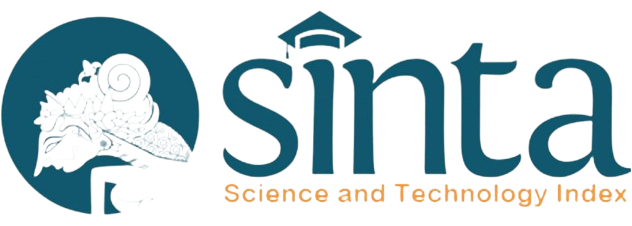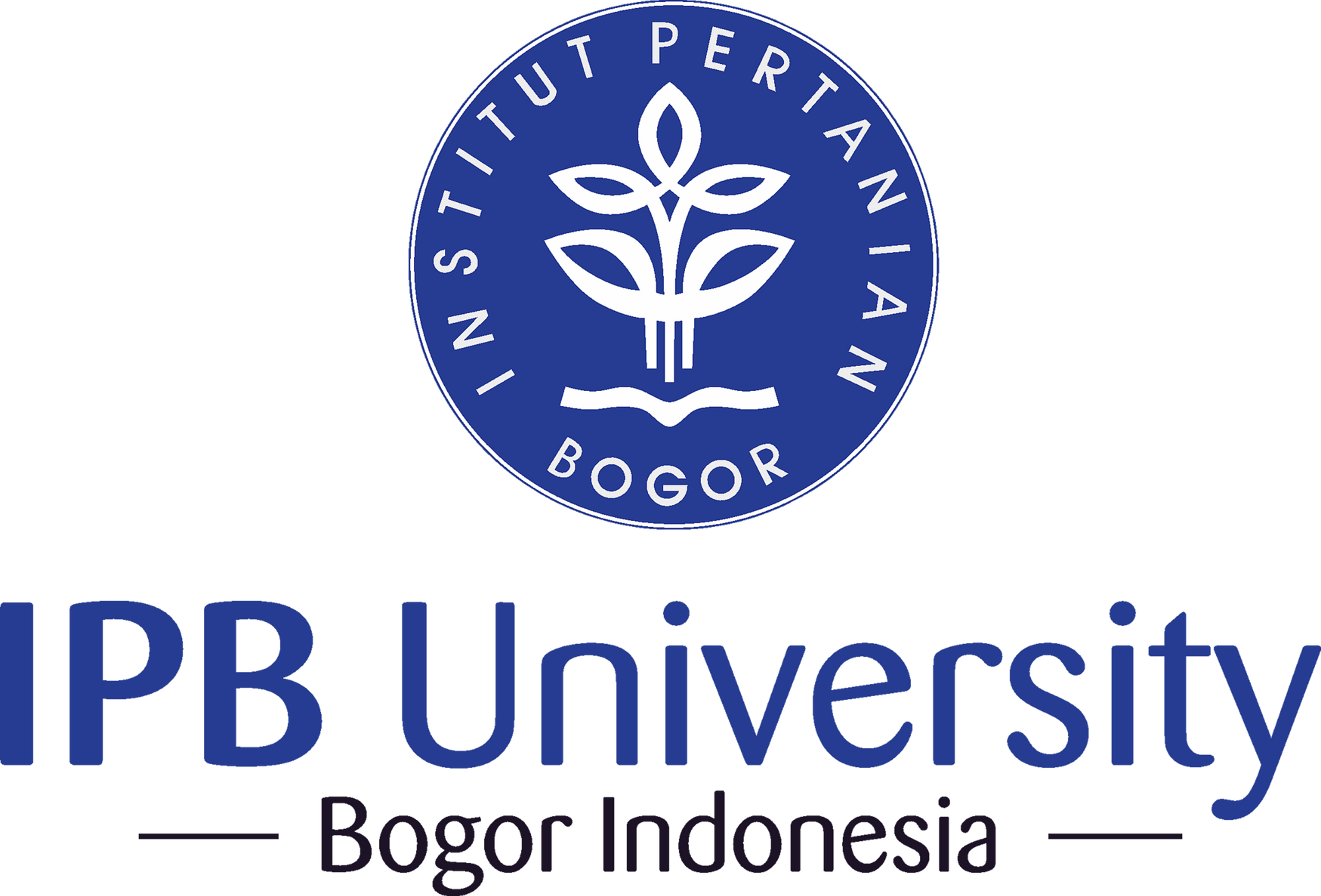Aplikasi Abu Sekam dan Ketersediaan Air untuk Meningkatkan Pertumbuhan, Hasil dan Kandungan Flavonoid Bawang Dayak (Eleutherine palmifolia (L.) Merr)
Application of Rice Husk Ash and Various Levels of Water Availability to Increase Growth, Yield and Flavonoid Content of Dayak Onion (Eleutherine palmifolia (L.) Merr)
Abstract
The study aimed to analyze the role of rice husk ash dose and water availability in increasing growth, yield and flavonoid content of Dayak onions. The research was carried out from May to October 2022 in the Greenhouse at Faculty of Agriculture, Lambung Mangkurat University. The design used was a two-factor randomized block design with 3 repetitions, the first factor of rice husk ash dosage consisted of 4 levels: 0 ton ha-1, 2.5 ton ha-1, 5 ton ha-1, dan 7.5 ton ha-1, and the second factor was the level of water availability consisting of 4 levels: 100% field capacity, 75% field capacity, 50% field capacity and 25% field capacity. The results showed that application of rice husk ash might increase the number of leaves, number of tillers, weight of bulbs, and flavonoid content in Dayak onion bulbs. The highest flavonoid content of 0.101%, was obtained at a dose of 7.5 ton ha-1. The treatment of water availability below field capacity tended to reduce the growth, yield and flavonoid content of Dayak onions. The dry weight of the bulbs has more influence on the flavonoid content of Dayak onion bulbs rather than the number of bulbs.
Keywords: ameliorant, field capacity, medicinal plants, secondary metabolites













